How to reach flow state
Flow is a state of mind available to virtually everyone in both work and leisure. There are a number of things you can try in order to expand your capacity to enter flow.
Home » Productivity » How to stop putting things off
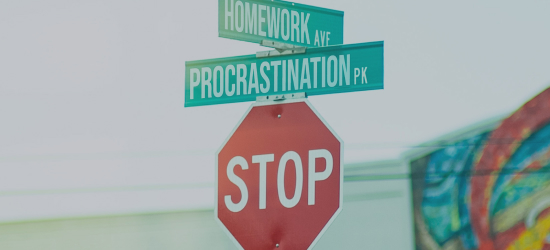
On the surface, procrastination is putting things off even when we know it can lead to negative consequences.
Focusing on tasks that don’t help you reach your goal, delaying solving a problem, and prioritizing tasks that aren’t important is procrastination. In classic time management theory, things you have to do throughout the day fall into 4 categories:
Productivity means doing important things, whether they’re urgent or not. You procrastinate when you focus on something that is not urgent or important — calling a colleague or creating a new app feature you don’t need, for example.
Procrastination is not the same as laziness. Procrastination is often the result of an inability to cope with negative emotions around a specific task. This is why procrastination is always stressful and an energy drain.
It’s all in your brain.
Researchers Wenwen Zhang, Xiangpeng Wang, and Tingyong Feng found that procrastination could be attributed to increased activity of the brain’s default mode network (DMN), which overrides the prefrontal cortex signals that control impulsive behavior and emotions.
When this happens, it becomes harder to manage negative emotions, and we choose to do what makes us feel better quickly instead of focusing on the long-term benefits. For instance, if a task makes us feel bored, anxious, frustrated, or insecure, we are more likely to procrastinate on it to avoid feeling bad. Check out the entire 2016 paper in the Scientific Reports journal for more details.
Nope. Here are some benefits:
Procrastination is neither good nor bad. Like a yawn that tells you it may be time to hit the hay, it’s simply a sign that something needs to change: the structure of the task, your attitude toward work, a bad habit, or your work-life balance.
About 50% of the time, the nature of the task is what makes people procrastinate.
Timothy Pychyl, a professor at Carleton University and author of Solving the Procrastination Puzzle: A Concise Guide to Strategies for Change, identified 6 characteristics of tasks you’re most likely to put off:
According to Dr. Piers Steel, one of the world’s leading researchers on the science of motivation and procrastination, the following factors influence motivation:
According to Dr. Piers Steel, one of the world’s leading researchers on the science of motivation and procrastination, the following factors influence motivation:
Another important factor is our impulsivity — the desire to get immediate results.
If there were a mathematical formula for motivation, it would look like this:

The easier the task and the bigger the reward, the higher your motivation will be. If you have to wait a long time for the reward, you won’t be as eager to get started. And if you don’t have much patience, you’ll be more sensitive to time.
Say you need to turn in a report a month from now. You won’t procrastinate if:
Definitely. Download a program that tracks how much time you spend on different sites (Rescue Time, for example).
Then, set up lists, so the program knows what kinds of websites go into the procrastination category.
This typically includes:
Of course, your list may look different depending on what kind of work you do. You’ll start seeing how much time you spend on sites you don’t need. Supplement this information with regular Welltory measurements and data about your sleep, steps, and nutrition to determine how different lifestyle factors affect your productivity.
The most common reason for low productivity is an energy deficit: not enough rest and too much stress.
For procrastinators, the toughest part is getting started. Timothy Pychyl recommends breaking up the task into small pieces, moving from one to the next. Tim Urban, TED speaker and author of the popular blog Wait but Why agrees. “No one ‘builds a house,” he writes, “They lay one brick again and again, and the end result is a house. Procrastinators are great visionaries — they love to fantasize about the beautiful mansion they will one day have built — but what they need to be are gritty construction workers, who methodically lay one brick after the other, day after day, without giving up, until a house is built.”
For example, a lengthy report can be broken up as follows:
And so on. Make sure every sub-task has a measurable result. Sub-tasks like “think about the task” or “brainstorm” are a no-go.
If you do a lot of writing, try writing in 15-minute intervals, with short breaks in between. This is what worked for writer Anthony Trollope, who wrote 47 novels, 18 non-fiction books, 12 stories, 2 plays, and a ton of articles. The 15-minute sprint gave him the sense of satisfaction he needed to keep going. Also, keep track of the progress you’ve made. The easiest way to do this is by making a list and crossing off tasks as soon as you’re done with them. You can also use these tricks to help yourself not exhaust your brain and stay productive:
You need to re-think it. A study of 4,000 employees conducted by coaching company Think Feel Know revealed that 46% of workers get unclear assignments from management. 37% aren’t sure what is being asked of them at least once daily. This kind of uncertainty will kill 1-2 hours of your workday. We work well when we know exactly what we’re doing. That’s why asking for clarification is one of the best ways to avoid procrastinating.
Ask yourself (or management) the following questions about the task: Why do I need to do it? What needs to be done? How do I get there?
After clarifying a task, you can make a more specific action plan. Re-thinking tasks can even help you stop procrastinating outside of work. For example, say you’re traveling for work and realize that your car needs an oil change. You leave a note for your partner, asking them to take care of it while you’re gone. Compare these options:
If you go with the second option, your partner will be much less likely to procrastinate and won’t call you to clarify what needs to be done while you’re gone.
You need motivation. Research has shown that understimulating work environment is linked to procrastination at work through boredom. This is the conclusion Baran Metin et al. came to in a 2016 paper published in Personality and Individual Differences.
Here are some tips to help you fight boredom:
It’s impossible to be productive if you’re tired or chronically stressed. This is because stress affects the prefrontal cortex — the brain’s command center responsible for thinking, concentrating, and making decisions.
When you’re stressed, the prefrontal cortex is flooded with hormones that essentially shut down the command center. It’s an evolutionary mechanism designed to help us escape danger without over-thinking.
This is perfect when you need to get away from a lion, but unfortunately not very helpful if you’re stressed about work that requires you to do a lot of thinking. Use the Welltory app to check your stress levels regularly and experiment with different relaxation techniques to figure out what helps you reduce stress.
Sync RescueTime with Welltory to track your productivity while Welltory analyzes what factors affect it most. If two data sets affect each other based on your individual health and data from RescueTime, we’ll let you know. This way, you have the info you need to become more efficient and feel better every day.

Besides the analytical data, we’ll also send you recommendations on how to use this information to change your day-to-day life — gradually and effortlessly.
Here are some tips to help you fight boredom:

We’ve put together a short instruction manual to help you out.
1. Make sure that you:
If you don’t know these things, clarify them immediately.
2. Turn off all notifications and block access to websites that aren’t work-related.
3. Make a plan by breaking up the task into small pieces. Reward yourself after completing each one: spend 5 minutes on Facebook or get some coffee.
4. Write down your reasons for doing the task: a promotion or praise, for example. If that doesn’t help, promise to treat yourself to dinner at your favorite restaurant.
5. Do something physical every 40-60 minutes: take a walk or do some jumping jacks. If your task is physical (like construction work), solve a crossword puzzle or read for a bit every hour.
If nothing is working, go to bed and get up early. You might need rest and will be more productive after you get some sleep.
Welltory Team, upd. 12 Sept. 2022

Flow is a state of mind available to virtually everyone in both work and leisure. There are a number of things you can try in order to expand your capacity to enter flow.
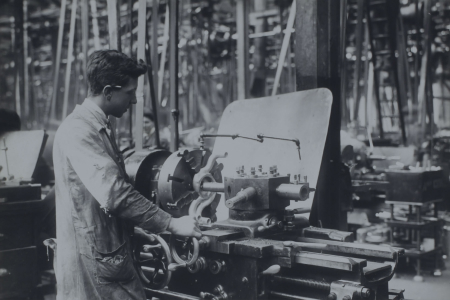
Find out how you can benefit from tracking your productivity and what you can start with.

Creative people have the courage and vision to make unorthodox decisions. Find out whether genes determine your creativity and how to flourish with ideas.

Understanding how to control the decision-making process is essential. It can give us the power to break patterns of behavior and change our lives for the better.
 App Store
App Store
 Google Play
Google Play
 Huawei AppGallery
Huawei AppGallery
 Galaxy Store
Galaxy Store


